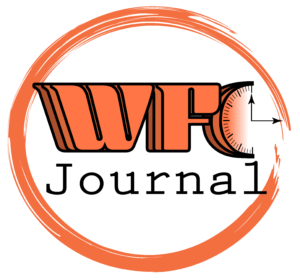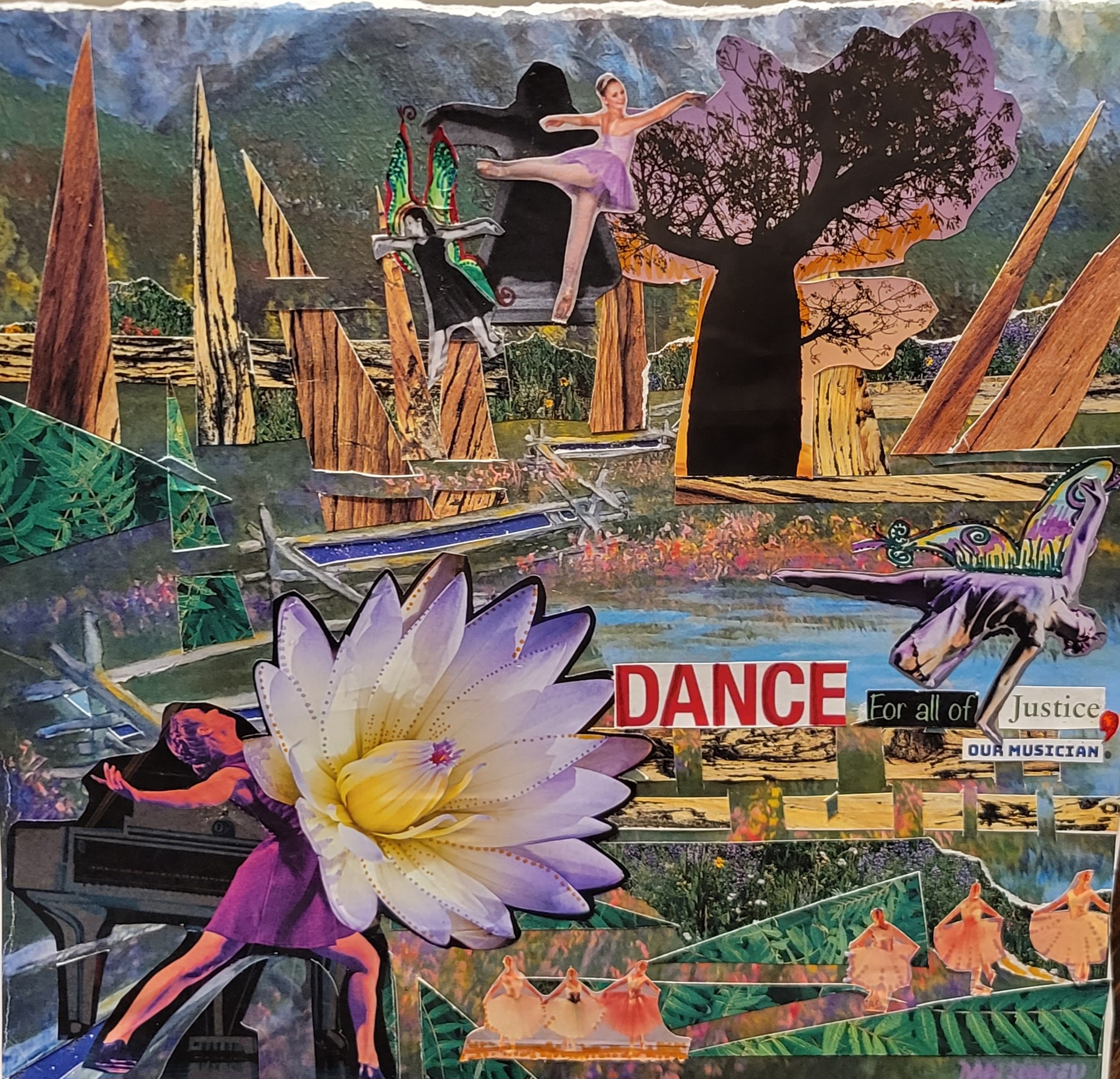Collection Five is Now Live!
Conservation & Belonging in the Outdoors
Our fifth curated collection focuses on two expressions of the outdoors that we understand as co-constitutive: Conservation and Belonging. The outdoors is for everybody and we all have a stake in the ecological integrity of the natural world. We’re going to need each other in the work that lies ahead. The works assembled here articulate different relationships between us and what we think of when we think of the outdoors. Together, this collection represents the committed, contemplative, and joyful space in which we are engaged in the outdoors, somewhere between being and becoming.

Press!
“The Writing for Change Journal reveals new collection topic: ‘Conservation and belonging in the outdoors'” By Olivia Brandon, The Arbiter, Nov 9, 2023
The Writing for Change Journal is a multimodal publishing space, and therefore welcomes submissions beyond traditional written texts like essays and other forms of nonfiction writing like prose, interviews, and personal narratives, and can include photography, visual and performance art, podcasts, film, and combined mediums and those yet to be imagined. Creative and collaborative submissions are always welcomed. Look for our call-for-for-submissions twice annually.
A note on what we publish: Civility, dignity, and respect for all communities are the minimum. We select submissions for publication that we feel adhere to the collection’s theme and guidelines, and those written in good faith that attempt to make visible that which has been obscured, that meaningfully attempt to bridge understanding and community connection. In the spirit of rising above the narrow and divisive framings of local and national political discourse, this journal thrives on topics of change that recognize our shared humanity. Submissions that maintain ideologies or statements designed to make people feel unwelcome, unsafe, or lesser will not be tolerated and will immediately be rejected. We can and should examine such statements, through a critical framework of inquiry and empathy, but discriminatory language of any kind—based on race, class, gender, sexuality, ability, etc.—does not have any place in this journal.
